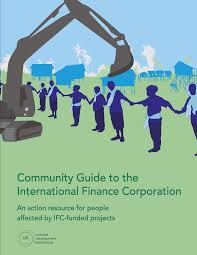Transparency and Environmental Sustainability Guidelines in Land Administration in Nigeria
The Land Use Act of Nigeria, first enacted in 1978 was intended to simplify and standardise land administration systems across the country. It vested the authority to plan, assign and approve certificates of land ownership in the state governors, and all non-urban land in the local governments.






